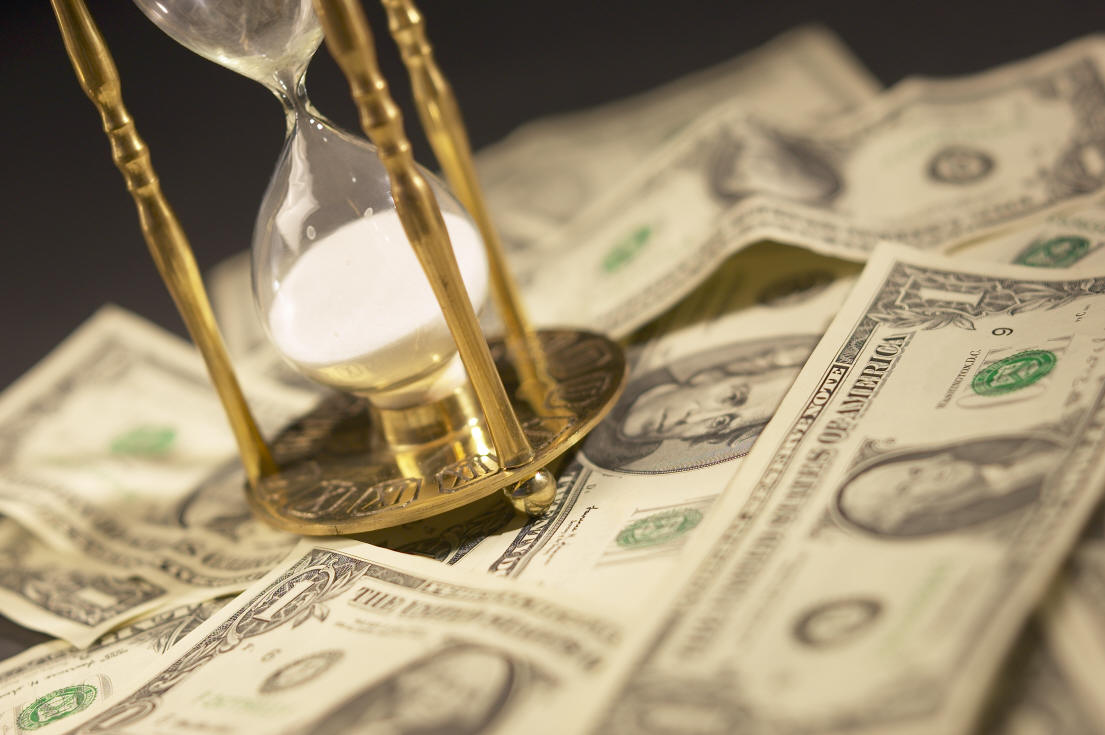Revised Plan Would Change PA’s Electoral Process
A top Republican lawmaker in Harrisburg has revamped his plan to change the way Pennsylvania awards its electoral votes in presidential elections. Senate Majority Leader Dominic Pileggi (R-Delaware/Chester) believes it should be done “proportionately,” instead of the current winner-take-all model.
A co-sponsorship memo, circulating in the Senate, states that the new system would more accurately reflect the will of the state’s voters.
One of the key changes from last year’s bill is simply the timing. “One of the criticisms that we received (last session) was that it was too close to the presidential election,” says Pileggi spokesman Erik Arneson, “so in an attempt to eliminate that concern – by introducing it now – clearly we couldn’t be farther away from the next presidential election than we are right now.”
Also, last year’s bill would have divvied up the state’s 20-electoral votes based on Congressional district, while the new plan would award them based on the percentage of popular vote the candidates receive.
Had this bill been in effect during the latest presidential election, President Obama would have received 12 of the state’s 20 electoral votes, and Arneson points out that it certainly would not have changed the course of history.
Maine and Nebraska are the only two states that don’t currently employ a winner-take-all electoral model.




